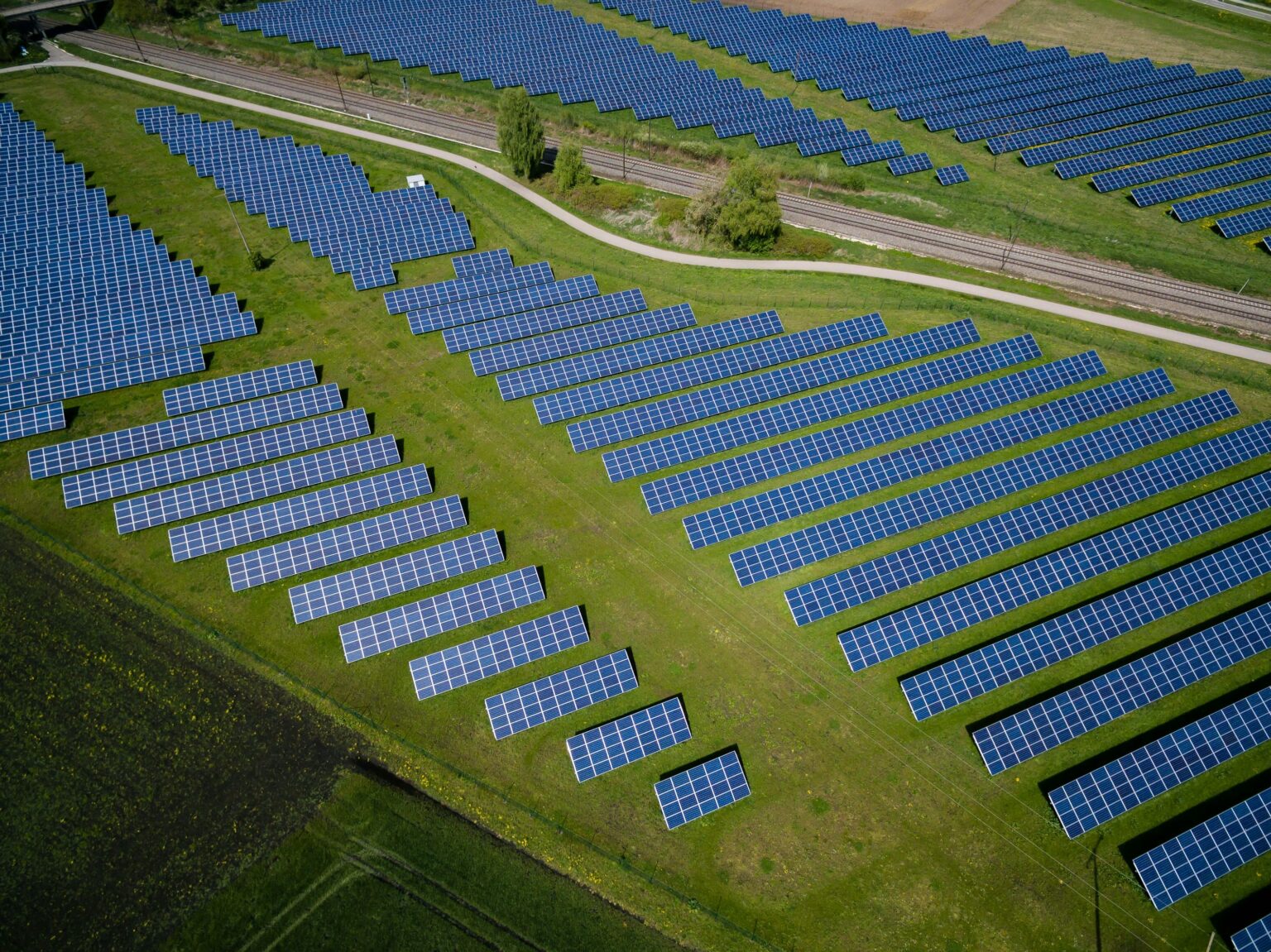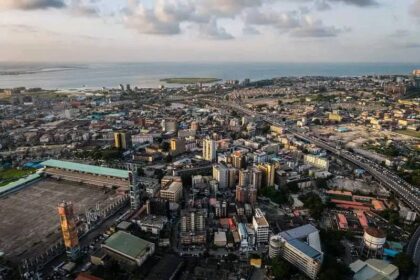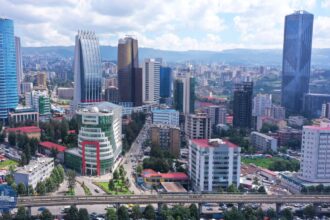At a Glance
- Egypt joins the $1 billion CIF program to decarbonize heavy industry sectors like steel and cement.
- Inclusion highlights Egypt’s global climate leadership and appeal to green infrastructure investors.
- Initiative expected to boost green jobs, FDI, and Egypt’s role in $2 trillion eco-friendly goods market.
Egypt has been selected as one of seven countries to participate in the Climate Investment Funds’ (CIF) $1 billion Industrial Decarbonisation Programme, marking a pivotal moment in its clean energy transition and green industrial strategy.
Announced by Egypt’s Minister of Planning and Economic Development, Dr. Rania Al-Mashat, the development reinforces Egypt’s positioning as a frontrunner in climate leadership among emerging markets.
The fund—part of the CIF’s broader $9 billion Clean Technology Fund (CTF)—targets industrial decarbonization across key sectors like cement, steel, and chemicals.
As global markets shift toward low-emission manufacturing and sustainable infrastructure, Egypt’s inclusion highlights its growing appeal to green investors seeking scalable, climate-aligned opportunities.
Driving green industrial growth and climate finance in Africa
Backed by multilateral development banks and aimed at unlocking billions in climate finance, the program prioritizes emerging economies with clear institutional readiness and public-private collaboration.
Egypt’s strategic edge stems from its NWFE platform (Nexus of Water, Food and Energy)—a flagship post-COP27 initiative designed to attract blended finance for sustainable development.
“Egypt’s climate roadmap is being recognized globally,” said Al-Mashat. “Our institutional reforms and partnerships with the private sector have enabled us to move from pledges to implementation.”
The CIF selection follows Egypt’s top regional ranking under CIF’s Nature, People, and Climate Investment initiative, another $500 million vehicle supporting climate resilience across North Africa and Europe.
A climate leader among emerging markets
Chosen from 26 applicants, Egypt now joins Brazil, Mexico, Namibia, South Africa, Turkey, and Uzbekistan—countries representing the Global South’s push toward net-zero industrialization.
The program is expected to stimulate green job creation, attract foreign direct investment, and position Egypt as a production base for eco-friendly goods, a market forecast to exceed $2 trillion by 2030.
CIF CEO Tariye Gbadegesin emphasized the leadership of developing nations in the global decarbonization race: “This isn’t just catch-up—these countries are setting the pace.”
In the coming months, Egypt will collaborate with CIF, development banks, and private sector partners to develop investment-ready blueprints for clean industry transformation.
As countries race to deploy climate-smart infrastructure, Egypt’s proactive approach could set the standard for green industrial policy across Africa and beyond.















